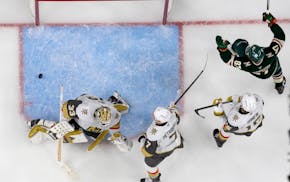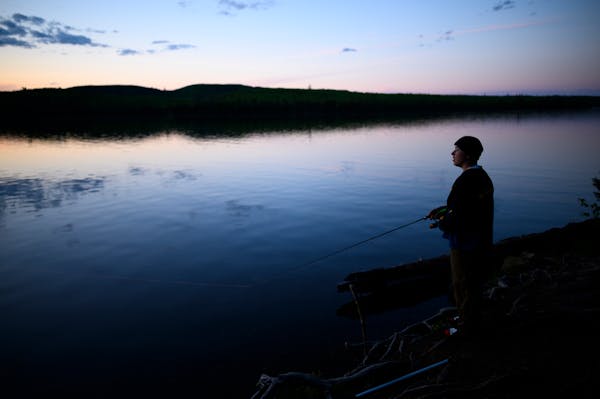Minnesotans would pay more for fishing licenses, boat registrations and state park admittance under a new Department of Natural Resources (DNR) budget proposal headed to the Legislature.
As announced Tuesday by DNR Commissioner Sarah Strommen, annual fishing licenses would increase 20% from $25 to $30 for state residents, while non-resident annual fishing licenses would increase 35% from $46 to $62. The last time Minnesota fishing licenses went up in price was 2017.
The fee schedule for boats varies by the type and size of the watercraft being registered, but a fishing boat in the 17-to-19 foot range would receive a 119% registration fee increase from $27 to $59. Registering a 20-footer would cost $113, up 151% from $45. Strommen noted that watercraft registration fees are charged once every three years and haven't gone up since 2006.
On top of the proposed watercraft registration fee increases, boaters would pay a $20 aquatic invasive species surcharge, up from the current $10.60, according to the budget proposal.
For state park admittance, the annual sticker that now costs $35 would rise 29% to $45. Daily admission would increase 42% from $7 to $10. The last time park fees went up was in 2017. In all cases, if approved, the increases would begin during the fiscal year that starts July 1. The fishing license increase would start March 1, 2024.
Together, they would increase collections by an estimated $20.4 million a year to add five fisheries positions, increase spending on lake and river infrastructures, upgrade camping facilities, increase accessibility to parks and trails, fund safety education, shore up overspent budgets and boost outreach and enforcement, among other things.
DNR Assistant Commissioner Bob Meier said the proposed fee increases will undoubtedly attract some criticism given DNR's parallel legislative budget request for more than $200 million in onetime money to makeover fish hatcheries, address other run-down infrastructure, adapt to climate change, plant trees, expand management and control of chronic wasting disease and pay for other investments.
More DNR capital expenditure requests will be announced later this week in connection with the state bonding bill. Meier said the fee increases are needed to care for the proposed new assets once they are repaired and built. New jobs in DNR fisheries, for example, would be needed to optimize the improved fish stocking capabilities.
"We want to make sure we can take care of these things after we build them or repair them,'' Meier said. "I get the angst, but you have to look at the whole package.''

Kaprizov scores twice, Boldy stays hot as Wild skate past Vegas in Game 3

Scoggins: The Wild's young players are growing up, and we get to watch

Wild overtime: Takeaways from the Game 3 victory over Vegas

Live Blog Replay: Highlights and key moments in the Wild's Game 3 victory over Vegas

